RVing in freezing weather can have its challenges. Not only do you have to keep the inside at a comfortable temperature, but you must also provide some heat to the basement to prevent any fluids from freezing in the tanks, lines and related components. Additionally, the engine may require heating several hours prior to departing camp.
So let’s look at some of the things you may face while traveling and camping in winter like temperatures. Obviously there are slippery road surfaces and winter driving hazards, but we will only look at dealing with the temperature issues related to your coach. Winter driving is a separate topic we can examine at a later date.
Interior heat in motorhomes is provided by an RV furnace or a hydronic heating system. The RV furnace is generally a propane fired unit that blows heated air into the living area. A hydronic system may be propane or diesel fired. The hydronic unit heats both the household hot water and a glycol circuit that heats the coach. It employs several heat exchanger units that are located in various places throughout the coach. Hydronic heat can provide a more uniform heat throughout the living area compared to the furnace. Both the furnace and the hydronic system have an outlet to feed heated air into the basement, generally near the water bay. Both these heating systems are quite capable of maintaining the basement temperature in very cold weather.
During cold weather travel and camping it is important to monitor the basement temperature. This is best accomplished using a wireless remote thermometer. With the sensor located near, or in the water bay, the temperature can be viewed from within the coach while on the move or in camp. You will probably be surprised how it will stay relatively well above freezing.
Now, here are a couple of tips for your arrival and departure at an overnight stay while RVing in freezing weather. If the undercarriage of your rig is wet, consider chocking your wheels and releasing the park brake. The wet brake shoes can freeze to the drums when the temperatures drop in the night.
Heat your engine with the block heater (or hydronic accessory if equipped) for a couple of hours or more prior to departure. Small and mid-size diesel engines have electronic starting aids in the form of glow plugs or, more commonly now, intake heating grids. Do not use ether or like starting fluid on any of these engines. Large diesel engines (generally 500 HP and up) are not normally equipped with electronic start aids but generally start well in cold climates.
Having the ability to use your RV in cold weather can extend your camping season. Cold weather camping is an adventure! Give it a try.


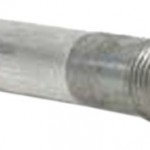
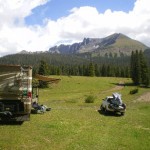
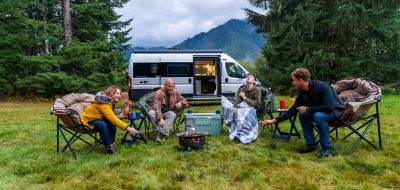
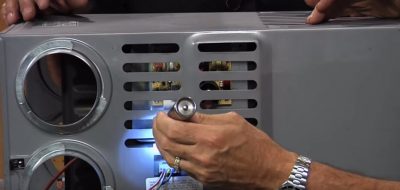

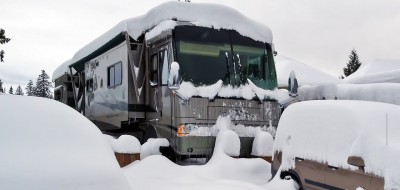
William L. Hanson
I would like to add what happened to me hunting in Jackson Hole Wy. In the middle of the night I ran "OUT" of propane, so we both were pretty cold come morning time. Always check to see how much propane you have and make sure you have heated tanks, and water lines so they won' freeze up on you.
William L. Hanson
I would like to add what happened to me hunting in Jackson Hole Wy. In the middle of the night I ran "OUT" of propane, so we both were pretty cold come morning time. Always check to see how much propane you have and make sure you have heated tanks, and water lines so they won' freeze up on you.